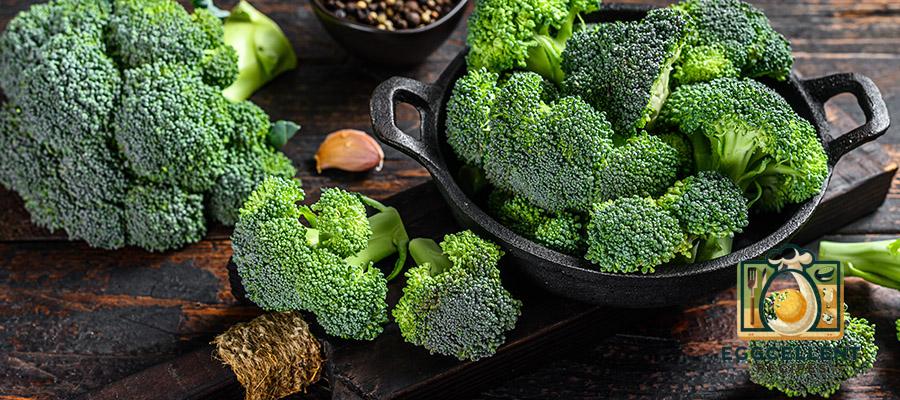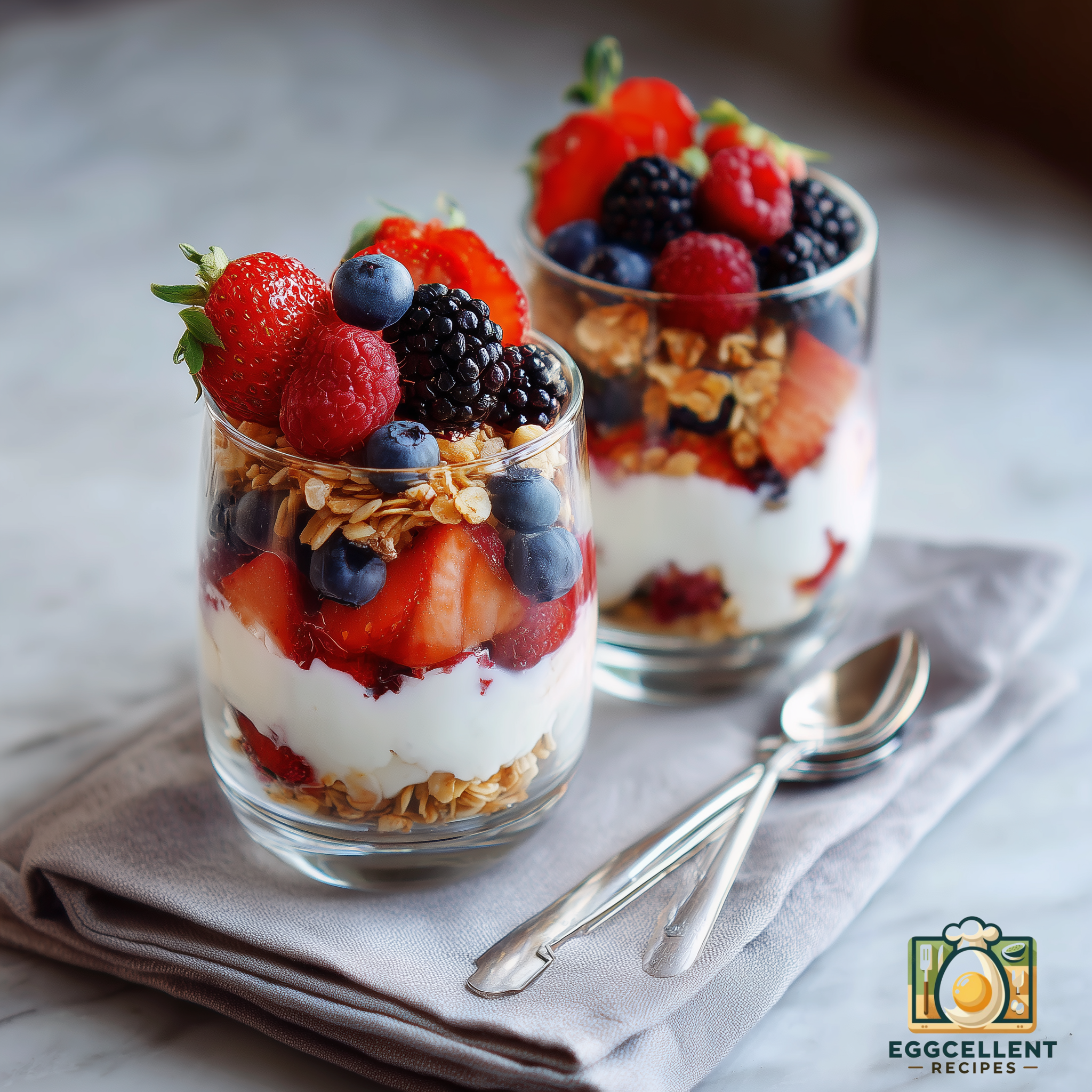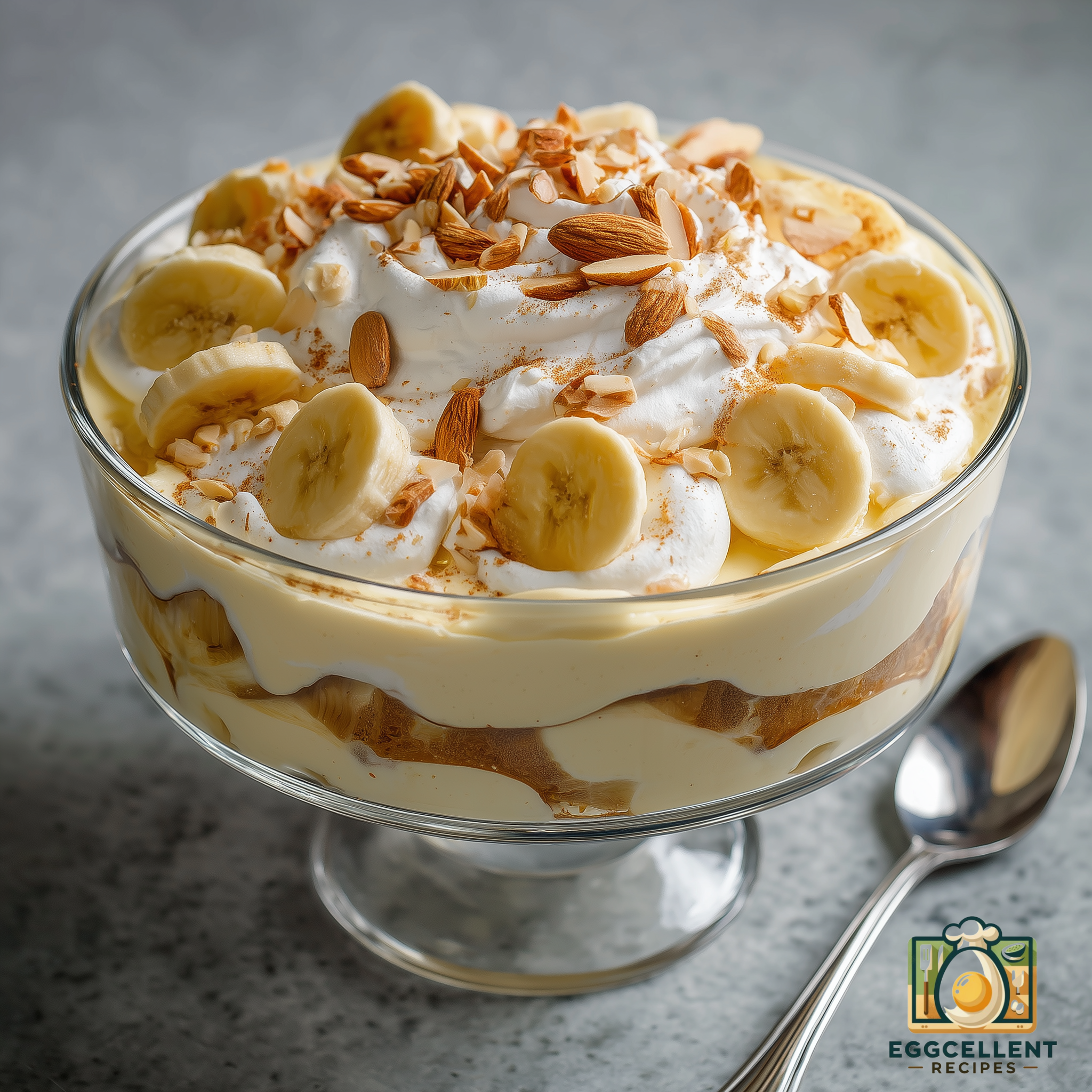
Your diet has a profound effect on not only your physical health but also your mental well-being. What you eat can impact your mood, energy levels, and even how well you cope with stress. The right foods can provide essential nutrients that support brain function, reduce inflammation, and promote emotional balance. In this article, we’ll explore the best foods for mental health and how to incorporate them into your daily diet to boost your mood and support a healthy mind.
How Diet Affects Mental Health
Your brain is one of the most energy-demanding organs in your body, and it relies on a steady supply of nutrients to function at its best. Nutrients like omega-3 fatty acids, vitamins, minerals, and antioxidants play critical roles in neurotransmitter function, mood regulation, and protecting the brain from oxidative stress.
Poor dietary habits—such as consuming excessive processed foods, sugar, and unhealthy fats—can contribute to inflammation and have a negative impact on mental health. On the other hand, eating nutrient-dense foods can improve mood, reduce symptoms of anxiety and depression, and enhance cognitive performance.
Top Foods for Mental Health
Here are some of the best foods you can include in your diet to support mental well-being:
1. Fatty Fish

Benefits: Fatty fish like salmon, mackerel, and sardines are rich in omega-3 fatty acids, specifically EPA and DHA, which are crucial for brain health. Omega-3s help reduce inflammation, support neurotransmitter function, and have been shown to alleviate symptoms of depression and anxiety.
How to Incorporate: Include fatty fish in your diet 2-3 times per week. Grill or bake salmon, add sardines to salads, or make a mackerel spread for a nutritious and mood-boosting meal.
2. Leafy Greens
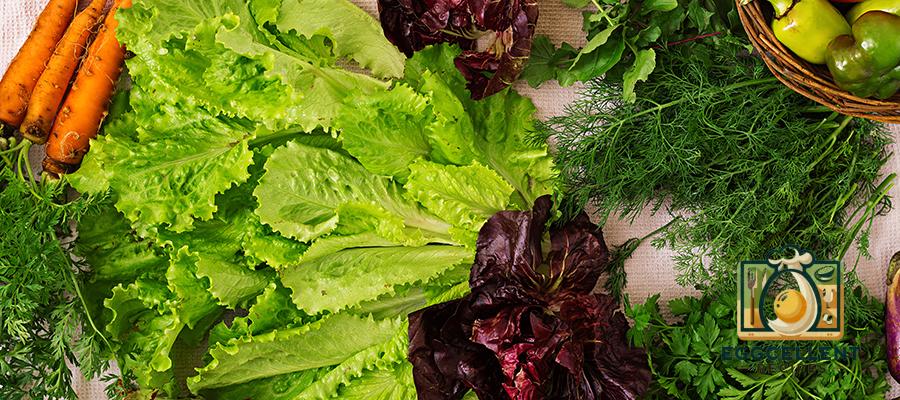
Benefits: Leafy greens such as spinach, kale, and Swiss chard are packed with nutrients like folate, magnesium, and vitamin K—all of which play important roles in brain function. Folate, in particular, is essential for the production of serotonin, a neurotransmitter that influences mood.
How to Incorporate: Add leafy greens to smoothies, salads, soups, or sauté them with garlic and olive oil for a nutritious side dish.
3. Berries
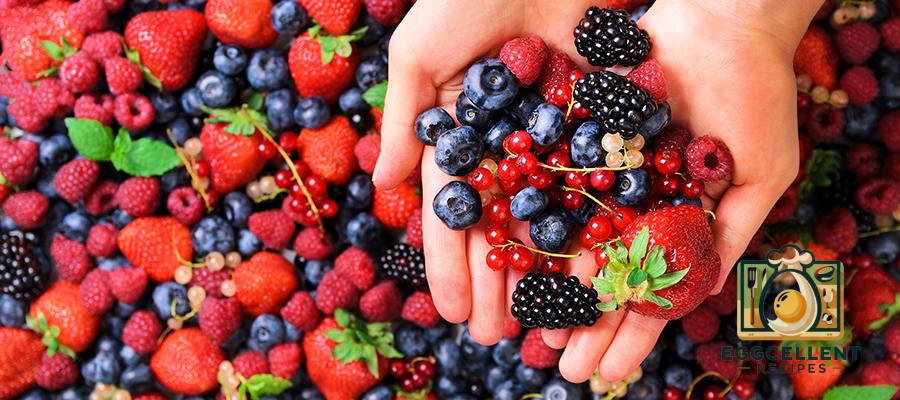
Benefits: Berries, such as blueberries, strawberries, and raspberries, are rich in antioxidants like flavonoids, which protect the brain from oxidative stress. Antioxidants also help improve communication between brain cells and may enhance memory and cognitive function.
How to Incorporate: Add berries to your morning yogurt, oatmeal, or smoothie, or enjoy them as a healthy snack.
4. Nuts and Seeds
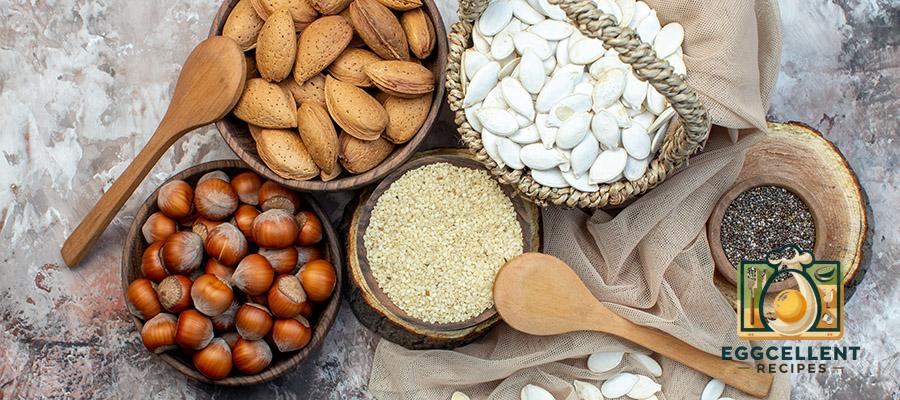
Benefits: Nuts and seeds are excellent sources of omega-3 fatty acids, vitamin E, and magnesium—all of which support brain health and reduce inflammation. Walnuts, in particular, are known for their high content of alpha-linolenic acid (ALA), a type of omega-3 that benefits mental health.
How to Incorporate: Snack on a handful of nuts, add chia seeds or flaxseeds to smoothies, or sprinkle sunflower seeds on salads for a nutritious boost.
5. Avocados

Benefits: Avocados are rich in healthy monounsaturated fats that promote blood flow to the brain. They also contain B vitamins, potassium, and folate—all of which are essential for optimal mental health and cognitive function.
How to Incorporate: Add avocado to salads, spread it on whole-grain toast, or use it as a base for a creamy smoothie.
6. Whole Grains
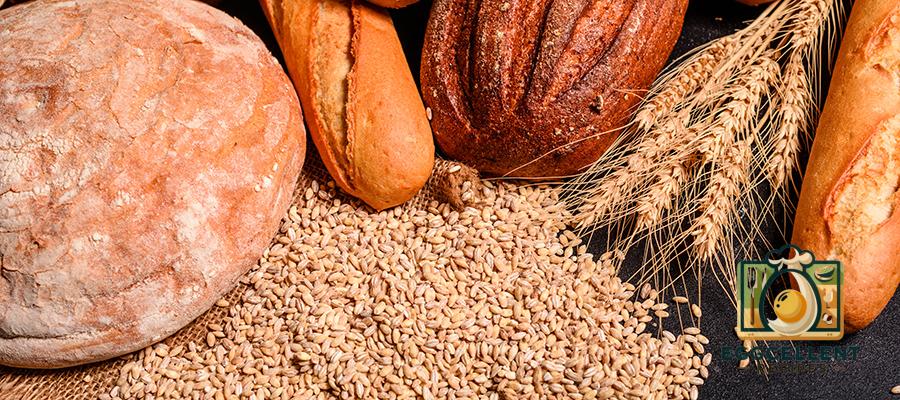
Benefits: Whole grains like oats, quinoa, and brown rice are rich in complex carbohydrates that provide a steady supply of energy for the brain. They also help regulate blood sugar levels, which is important for maintaining a stable mood and preventing energy crashes.
How to Incorporate: Include whole grains in your meals by adding quinoa to salads, making oatmeal for breakfast, or using brown rice as a side dish.
7. Dark Chocolate

Benefits: Dark chocolate contains flavonoids, caffeine, and theobromine, which all help improve brain function and enhance mood. Flavonoids, in particular, increase blood flow to the brain and have neuroprotective effects.
How to Incorporate: Choose dark chocolate with at least 70% cocoa content and enjoy it in moderation as a treat or mix it into your yogurt or smoothie.
8. Fermented Foods

Benefits: Fermented foods like yogurt, kefir, sauerkraut, and kimchi contain probiotics, which are beneficial bacteria that support gut health. A healthy gut microbiome is closely linked to improved mental health, as gut bacteria play a role in producing and regulating neurotransmitters like serotonin.
How to Incorporate: Add a serving of fermented foods to your daily meals. Try kefir in smoothies, yogurt with fresh fruit, or sauerkraut as a side dish.
9. Eggs

Benefits: Eggs are rich in choline, a nutrient that plays a key role in the production of acetylcholine, a neurotransmitter involved in memory and mood regulation. Eggs are also a good source of B vitamins, which help reduce stress and anxiety.
How to Incorporate: Enjoy eggs boiled, scrambled, or poached for breakfast, add them to salads, or make an omelet packed with veggies.
10. Turmeric

Benefits: Turmeric contains curcumin, a compound with strong anti-inflammatory and antioxidant properties. Curcumin has been shown to cross the blood-brain barrier, where it can help reduce inflammation and boost the production of serotonin and dopamine.
How to Incorporate: Add turmeric to curries, soups, or smoothies, or make a soothing golden milk by mixing turmeric with warm milk and honey.
11. Beans and Lentils

Benefits: Beans and lentils are rich in B vitamins, particularly folate, which helps regulate mood and reduce the risk of depression. They are also high in fiber, which supports gut health and blood sugar balance.
How to Incorporate: Use beans in soups, stews, or salads, and add lentils to curries, rice dishes, or wraps.
12. Oranges

Benefits: Oranges are high in vitamin C, which helps protect against oxidative stress and supports the production of neurotransmitters like dopamine. Vitamin C also plays a role in reducing anxiety and improving mood.
How to Incorporate: Enjoy fresh oranges as a snack, add orange segments to salads, or drink freshly squeezed orange juice.
13. Tomatoes

Benefits: Tomatoes are rich in lycopene, an antioxidant that helps reduce oxidative stress and inflammation in the brain. Lycopene is particularly effective in protecting against cognitive decline and depression.
How to Incorporate: Add tomatoes to salads, sandwiches, soups, or use them in homemade pasta sauces.
14. Green Tea

Benefits: Green tea contains L-theanine, an amino acid that has calming effects and helps reduce anxiety. It also contains a small amount of caffeine, which can improve alertness and focus without causing the jitters associated with coffee.
How to Incorporate: Drink a cup of green tea in the morning or afternoon for a gentle energy boost and improved mental clarity.
15. Broccoli
Benefits: Broccoli is packed with antioxidants, fiber, and vitamin K, which helps support brain function and cognition. It also contains compounds that help reduce oxidative stress and inflammation in the brain.
How to Incorporate: Add broccoli to stir-fries, soups, or salads, or simply steam it as a side dish.
Final Thoughts
The foods you eat can have a significant impact on your mental health and overall well-being. Incorporating nutrient-dense, antioxidant-rich foods like fatty fish, leafy greens, berries, and fermented foods into your daily diet can help support brain function, regulate mood, and reduce symptoms of stress, anxiety, and depression.
Maintaining a balanced diet that includes these best foods for mental health, along with regular exercise, adequate sleep, and stress management techniques, can go a long way in promoting mental wellness and helping you feel your best. Start nourishing your mind today by adding these delicious, brain-boosting foods to your meals and enjoy the benefits of a happier and healthier mindset.

